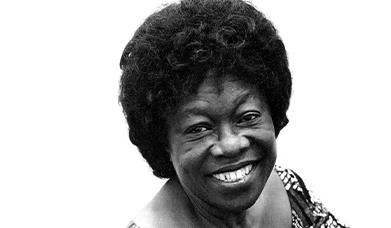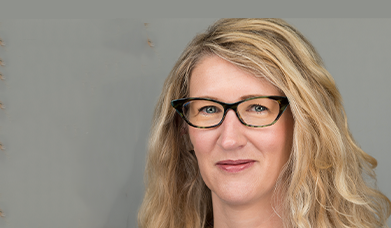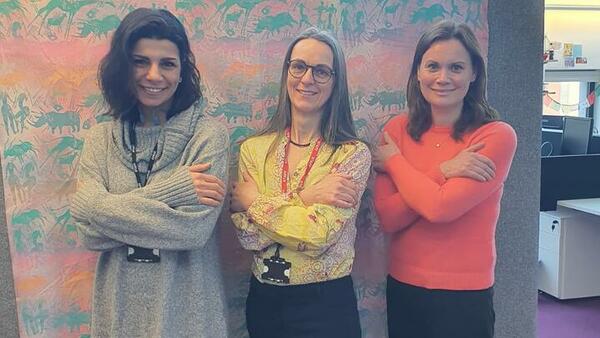
International Women's Day 2023
#EmbraceEquity
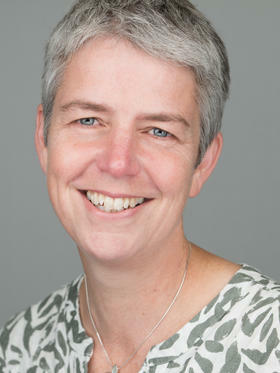
Empowered Women Empower Women
It's International Women's Day, 8th March, and the theme for 2023 is embrace equity. LSTM has put equity at the heart of its 125th anniversary year celebrations and reflections on its history.
Over half our staff are women and the majority of those benefitting from our research are black. However, most of our senior leadership are white men. LSTM is determined to address this lack of representation of women, and particularly women of colour.
Our new Dean of Education and Director of Communications are both women and we have embraced a more active approach to the identification and promotion of talent across the organisation, embedding equity in recruitment and promotion.
Women face different challenges in their careers: sexual harassment; gender pay gaps; and more caring responsibilities. Our action plan sets out clear actions for removing these barriers.
We are working to re-balance our leadership team, to fully reflect our diverse staff. We are also investing in training to recognise our privileges, so we can better understand and embrace equity. ‘Empowered Women Empower Women’.
Professor Hilary Ranson
Dean of Research Culture & Integrity, Professor of Medical Entomology
Achieving gender equity at LSTM
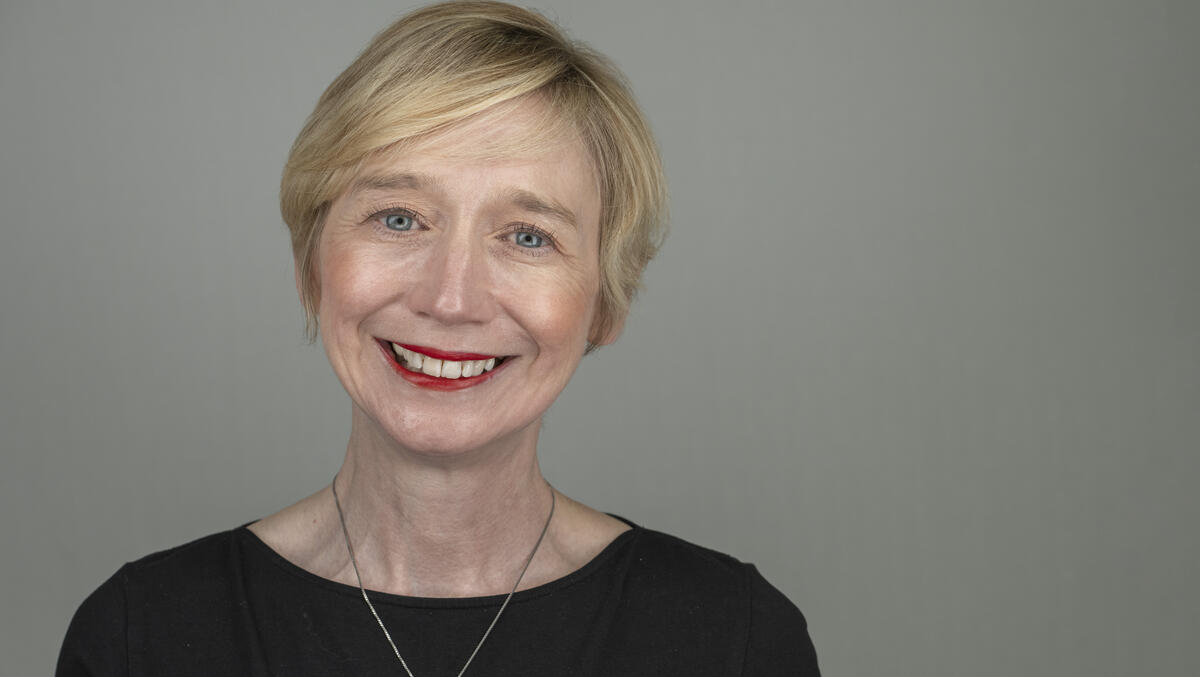
At LSTM, we are committed to ensuring that equity is at the heart of everything we do.
Over the last twelve months we have had a significant focus on gender equality and in 2022, we were awarded the Athena SWAN silver award in recognition of our work to achieve gender equity. Through our internal self-assessment team, we have developed a detailed action plan, and we are committed to implementing the actions to continue and make improvements.
One area where we recognise that there is work to do, and our Athena Swan Action Plan will support, is the gender pay gap. In our latest report, which is a snapshot of LSTM taken in March 2022, our headline gender pay gap has increased from 8.7% to 11.1%.
While disappointing, this is predominantly related to the continued over representation of women in the lower end of the pay scale and an under representation of women at a senior level. We are working hard to address this, including through the use of diversity targets in our senior and strategic appointments, extending our leadership development programme and our new mentoring programme
Underlying trends and actions show areas of improvement. With an institution the size of ours small movements do have an obvious impact. We will continue to focus efforts to close the gap and will monitor the trend closely.
Sam Airey - Global Director of Human Resources
The LSTM mentoring programme
LSTM is committed to the personal and professional development of all staff and a mentoring relationship can help in supporting learning and development throughout an individual's career. The Ignite Mentoring Scheme is a model of development mentoring and while the programme is open to all staff, we have seen real benefit in women empowering other women through mentoring.Relationships offer an independent sounding board and helps staff take charge of their development. Building the self confidence and self reliance of the mentees in a confidential and supportive environment.
Jessica Jinks, an MRC DTP PhD student, is a mentee:
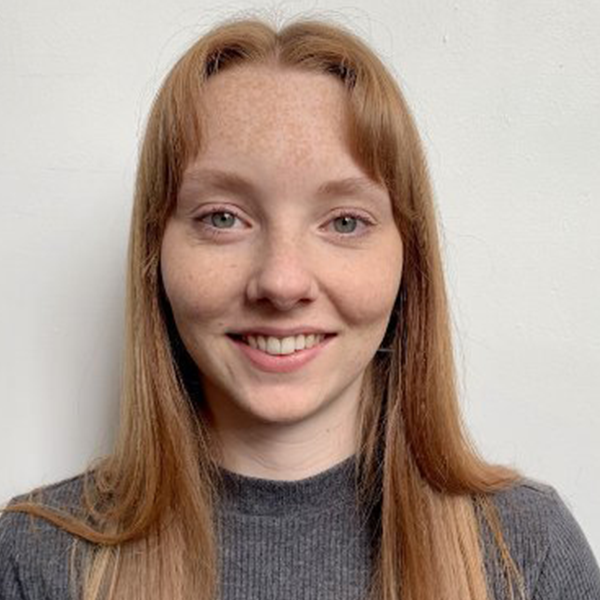
“The mentoring relationship for me is extremely valuable. It provides me with a safe and non-judgemental place to sound out any worries and discuss my PhD journey with someone who has first-hand experience.
My mentor has provided me with practical advice on how to manage my time and plan the remaining year of my PhD. She has also taught me valuable skills such as generating an academic diary to collect notable achievements, for future job-seeking and for motivational purposes. She takes a positive but realistic outlook on academia and spending time talking with her has really helped me to fell less overwhelmed with the whole PhD process.”
IVCC Legal Officer, Terri-Lee Homes, is a mentor:
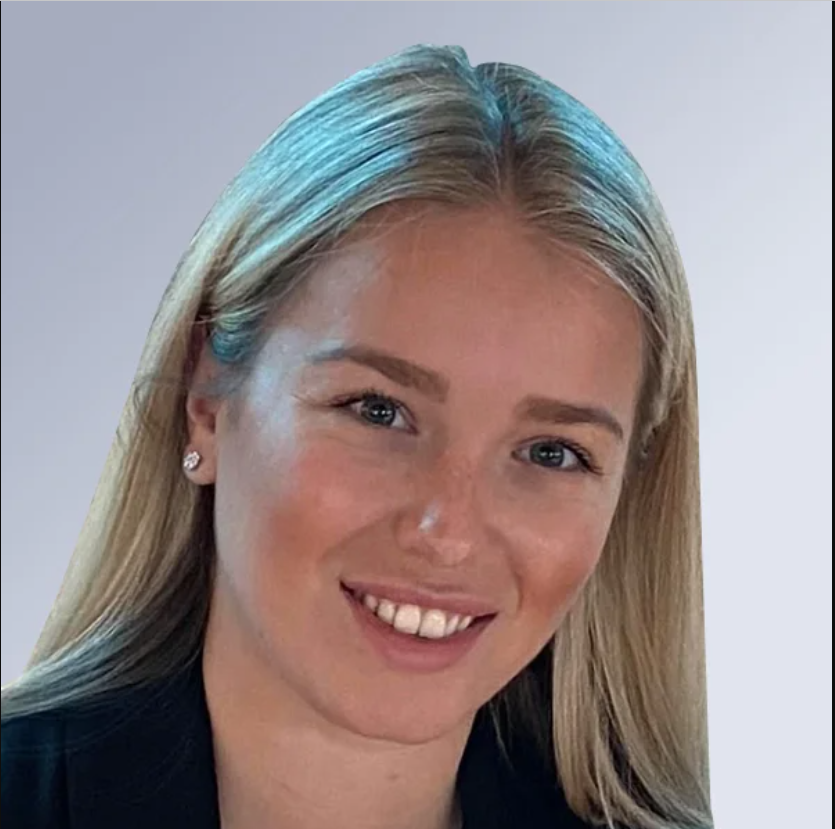
“Mentoring for woman is an important part of any role and in my experience encourages and enables growth and development both professionally and personally. There is nothing more rewarding than being a part of someone’s journey and witnessing the positive impact it has on individuals and the domino effect on teams.”
Mary Lyons, Senior Lecturer Public Health, and mentor:
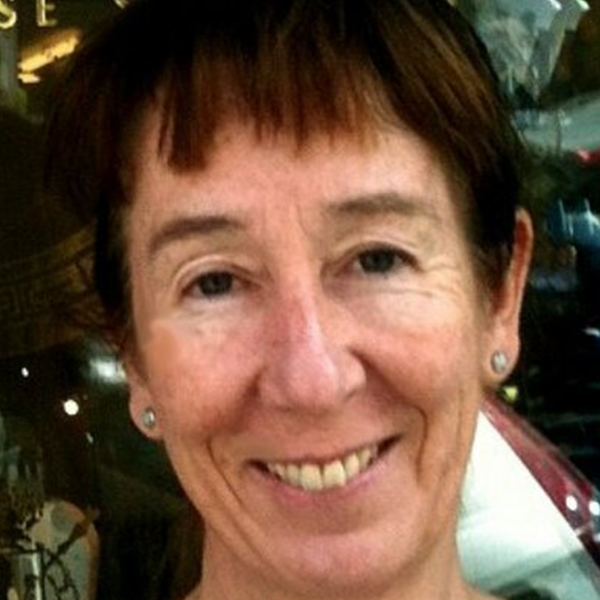
"Mentoring is a chat with a bit more purpose. It provides that alternative opinion from someone who is not directly involved in your day-to-day line management arrangements, so comes with no pressure. Mentoring gives me a chance to pass on some of what I have learned over the years. Hopefully some will be regarded as wise words."
Andrea Collins, Senior Clinical Lecturer, Clinical Sciences, heads up the Liverpool Vaccine Group and explains why it is important women are represented on her team.

We pride ourselves on our group being inclusive, equitable, diverse, collaborative and kind in our team. For the last five years we have been more than 80% female in our group. We are female leaders trying to up-skill and inspire the next generation of researchers.
Role modelling is very important; throughout my career I have always encouraged others to do what they love and to aim high. You need to go the extra mile and work smart too, with drive and compassion. I want to encourage the next generation to do more of the same but better!
Many women I know chose not to be medical registrars due to the brutal rotas and perceived lack of flexibility to allow any kind of work life balance. I have always tried to make the rota work for me where possible, by planning annual leave and study leave well in advance and swapping on-calls with colleagues to allow flex on both sides.
Medicine and science have attracted undergraduate women for many years now but the challenge is retaining these bright, keen women and encouraging them to progress to senior roles, becoming leaders. Respiratory medicine now attracts many more women at registrar level. Rigid job plans can flex, and many consultants now have ‘portfolio’ careers and various commitments, which allows everyone to be more flexible.
I do not think I ever realised how important the ‘visual thing’ is, when I was younger. It is in every field of life. Throughout my career, until my 40s, I did not ever really feel that different to my male colleagues. I was lucky enough to have a family that always encouraged me to go further and stretch myself, being a woman was not even mentioned in that way.
I was the first person in my family to get GCSEs! You do not have to come from a privileged background to make it, but you do have to take every opportunity you can, say yes, and carpe diem! I recognise now though that this visual aspect is vital! My 10-year-old daughter is super keen on football. I thought I was not interested in football as a young girl, but I just did not know anyone who played it so I had no role models and discounted it as an option.
I am proud to show the allied health professionals, medics, students, and scientists that pass through or work within the Liverpool Vaccine Group team that women can have the job they want. They can shape it and carve a path for themselves. Seeing someone doing this already, encourages others to be the best version of themselves.
I myself have faced few barriers - although I like problems and people saying ‘no’, so I can prove them wrong - so I may not recall all the things that have happened along the way as barriers. I was told I was unlikely to succeed in my current role if I worked part-time. I work in an agile way with a flexible approach to working days and hours to ensure I can fulfil my role to the best of my potential.
I was told once that ‘I owed my registrar’ colleagues a thing or two, after I returned from my PhD (OOPR) after six years, having had two children, as my post had not been backfilled by the deanery. Two senior women told me that. That was harder to take than if it had come from two men. I went on to trial the Oxford AZ COBOD vaccine, which I guess paid those colleagues back in spades!
Women often get on with the job quietly. They forget to apply for the awards they deserve. We need to get better at singing our own praises and putting ourselves out there for a promotion or a new role. We also need to learn to do this earlier, not when we are already overqualified for that role! We need to prioritize ourselves and our careers, whilst balancing caring commitments.
Women have been integral to LSTM’s response to the Covid pandemic. Here we speak to two women who made a huge contribution to the UK’s vaccine response to Covid 19, via their work at LSTM.
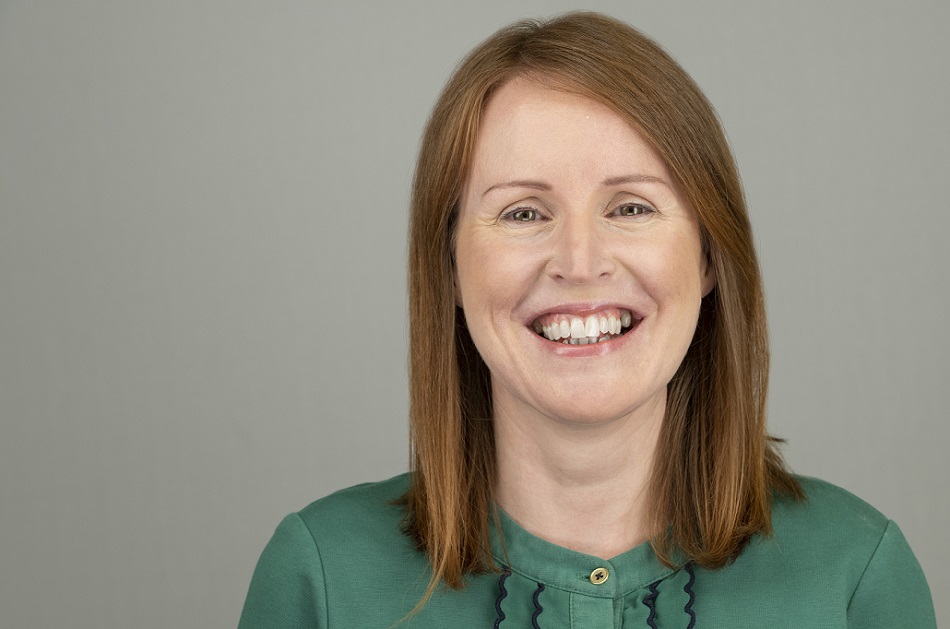
I returned from maternity leave into the pandemic and our team quickly repurposed to focus on Covid Research. We worked very long hours recruiting symptomatic patients in the emergency department at the Royal Liverpool University Hospital, whilst also coordinating the Oxford/ Astra Zeneca vaccine trial at LSTM.
Nurses from across Liverpool came together to work on these clinical trials, some who had not previously worked in research. We provided training, support, humour, and camaraderie to each other through the most challenging time. There was a fantastic team spirit which kept us all going through all the difficulties. This period was the greatest challenge of my career and a collective achievement that we are all proud of.
I grew up watching my mum care for people as a practice nurse and was inspired by her compassion. Once qualified, I joined the critical care team where I worked with the most amazing nurses, doctors and physiotherapists. There were so many nurses in critical care who mentored me; their skill and expertise helped shape me to be the nurse I am today.
Moving into research was a huge leap and I am fortunate to work with such strong female role models as Dr Andrea Collins and Prof Daniela Ferreira, who juggle academic careers and motherhood - excelling at both.
I work across the Clinical Research Network, Liverpool University Hospital Trust, and LSTM so I am fortunate to have access to training across all institutions. I feel that the leadership training available at LSTM is excellent, as it offers mentorship and coaching through networking on courses.
There is a clear, defined career path for most professions. However, nursing, outside of a clinical environment, is less obvious. I would advise women to seek out a mentor early on in their career and to access leadership training. Find someone that you aspire to be and work with them. Network, go the extra mile, invest time in your career even if this involves listening to leadership/ management podcasts; find positive role models in your workplace, and believe in yourself. If you cannot find a career path, don't be afraid to create your own.
Celebrating International Women’s Day 2023: Preparing to embrace equity every day of the year
On International Women's Day, Beate Ringwald,PDRA in the LIGHT Consortium asks how she should celebrate this year, carrying a responsibility for driving the gender and equity agenda within LIGHT . Choosing from a menu of previous women’s day events, new to the consortium and new to the TB world – she opts for reflection that informs action.
